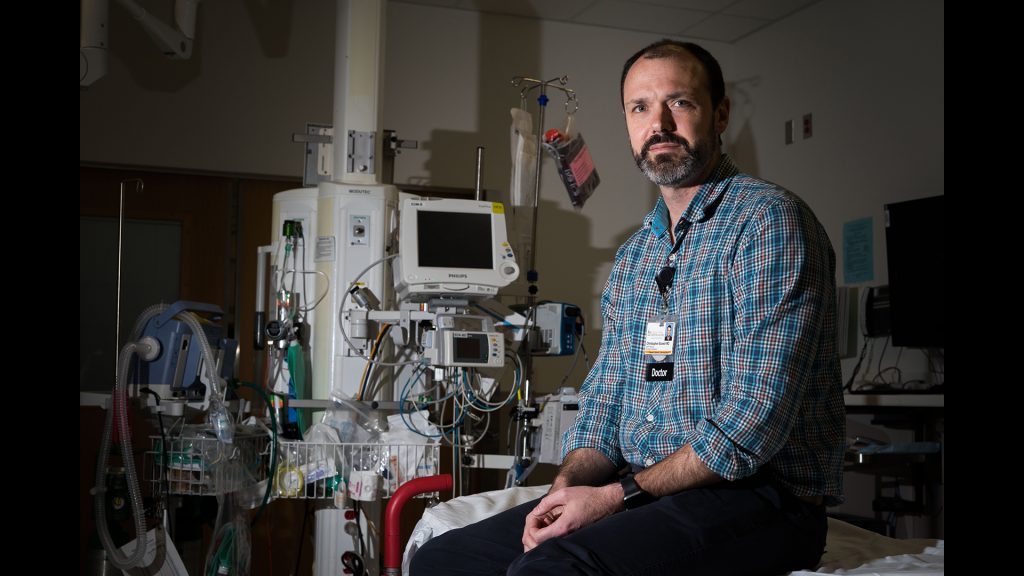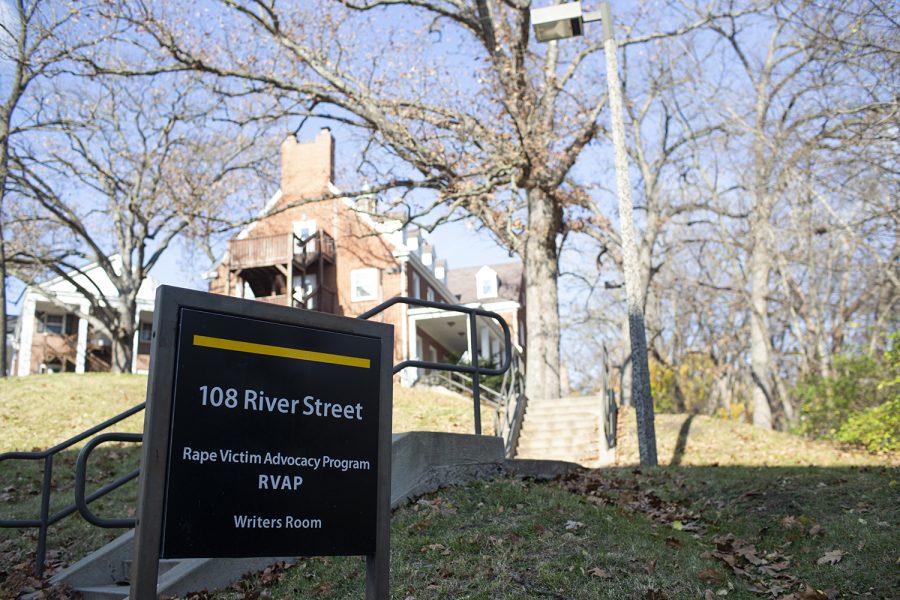The opioid epidemic is not going unnoticed at the University of Iowa.
The Office of the Vice President for Research and Economic Development is partnering with the College of Public Health, the Human Resources Office of Organizational Effectiveness, and the Institute for Clinical and Translational Science to organize an initiative at the university to combat the epidemic.
With numerous cases of recorded opioid overdoses and deaths in the past several years, the problem is becoming more pressing.
According to the UI College of Public Health, prescription opioid deaths in Iowa have quadrupled in the past 20 years. And that has been evident to officials in the Iowa City area.
Iowa City police Lt. Zach Diersen said he has recognized the epidemic and noted that in this past year, there have been 14 opioid-related deaths in Iowa City.
The epidemic affects more than just “who you’d expect,” he said. And it affects more areas than people might expect.
“The epidemic puts a strain on other areas of the system besides law enforcement,” he said.
In regard to specific training used to handle crises, Diersen said, he trains his staff to recognize if someone is having an opioid overdose and how to get that person the appropriate treatment. It’s also important to make sure no one is having accidental exposure, he said.
Aaron Kline, a research development coordinator in the UI Research Office, emphasized the importance of the university’s initiative.
“We have an opportunity to get in front of the problem,” he said. “Awareness is growing, and there’s essentially two goals to this initiative: building a community on campus and building a research base.”
In order to spread more awareness for and improve the initiative, the UI searches for ideas to minimize the effects of the opioid epidemic, including a brainstorming session called “Ideas Lab” will take place April 9-11.
Organized by the Research Office, the Ideas Lab will include a variety of staff members and faculty who will discuss potential solutions to the epidemic, Kline said.
Chris Buresh, a UI clinical professor of emergency medicine, said working to prevent further opioid abuse is significant, and he believes the Ideas Lab will be a great way to promote diverse ideas for potential solutions.
“We’ve got to do something differently,” he said. “There’s no stopping this. We need new perspectives so we can come out of this with great new ideas to curb the crisis.”
Buresh said that although it might not be possible to stop the epidemic, it’s important to minimize its effect.










